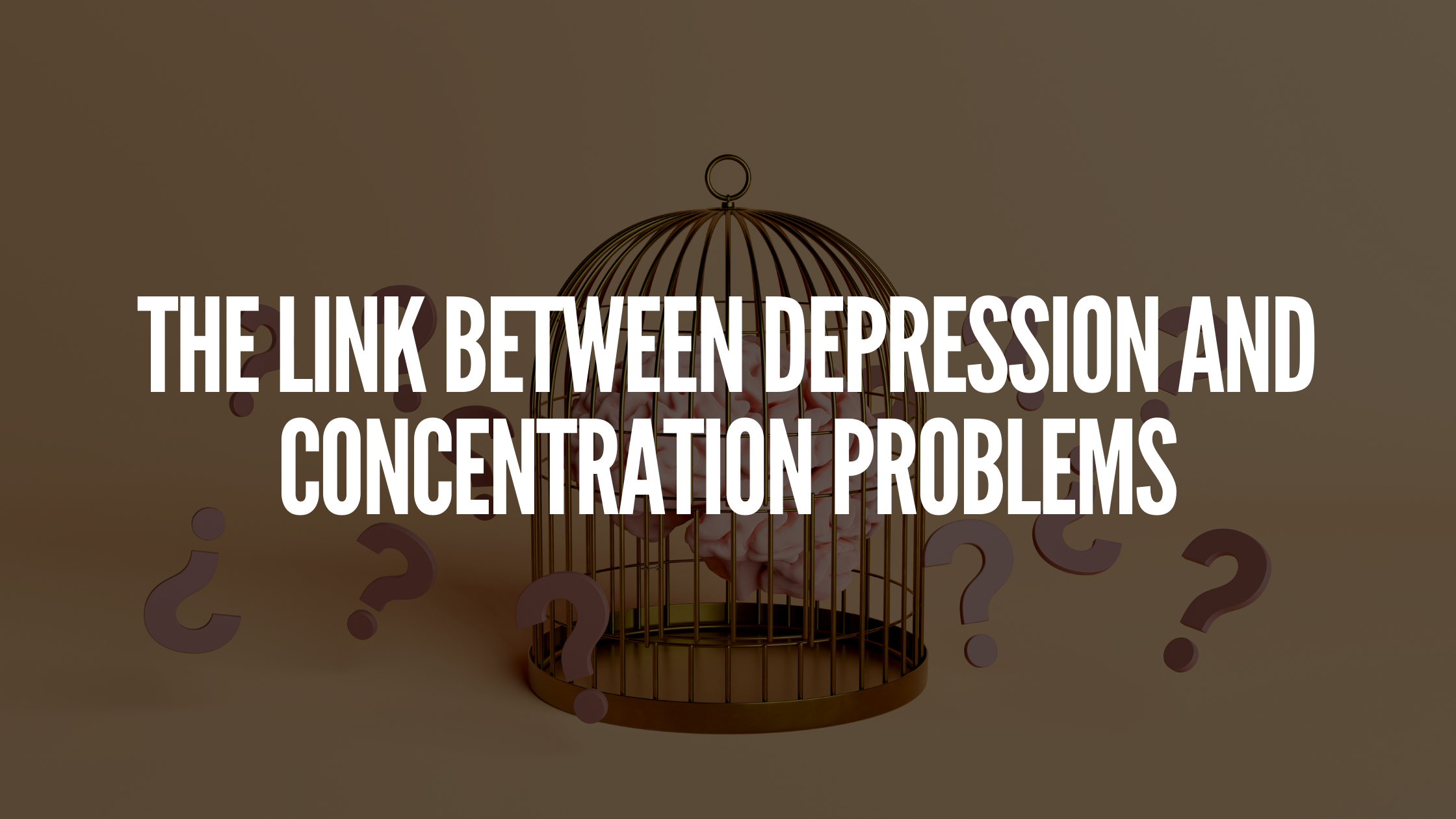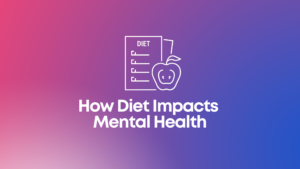Depression and concentration problems often go hand-in-hand. Depression can make it difficult to focus on anything, whether it’s work, school, or even simple everyday tasks. Concentration problems can also be a symptom of depression.
There is a strong link between depression and concentration problems. Studies have shown that people with depression are more likely to have trouble concentrating than those without depression. Concentration problems can make it difficult to function in everyday life and can lead to absenteeism from work or school.
Understanding Brain Regions Associated with Depression
In order to better understand the link between depression and concentration problems, it is necessary to understand the brain regions associated with these two conditions. The prefrontal cortex and the hippocampus are two key regions of the brain that are involved in both depression and concentration problems.
The prefrontal cortex is responsible for executive function, which includes planning, decision-making, and focus. The hippocampus is responsible for memory and learning. Both of these regions are important for concentration.
Depression and the Prefrontal Cortex
Depression is associated with changes in the prefrontal cortex. Studies have shown that people with depression have reduced activity in the prefrontal cortex. This reduction in activity can lead to problems with executive function, including trouble concentrating.
The hippocampus is also affected in people with depression. Studies have shown that people with depression have a smaller hippocampus than those without depression. The hippocampus is important for memory and learning, so this shrinkage can lead to problems with concentration and memory.
Treating Depression to Improve Concentration
The good news is that treating depression can also improve concentration. Transcranial magnetic stimulation (TMS) is a treatment that has been shown to be effective in treating depression. TMS is a non-invasive procedure that uses magnetic fields to stimulate the brain. It works by targeting the dorsolateral prefrontal cortex, which is the part of the brain responsible for executive function.
If you’re struggling with depression, TMS may be a treatment option for you. Get in touch with PsyFi TMS today to see if TMS is right for you: info@psyfitms.com.



You need to take part in a contest for one of the best websites on the net. I am going to highly recommend this website!